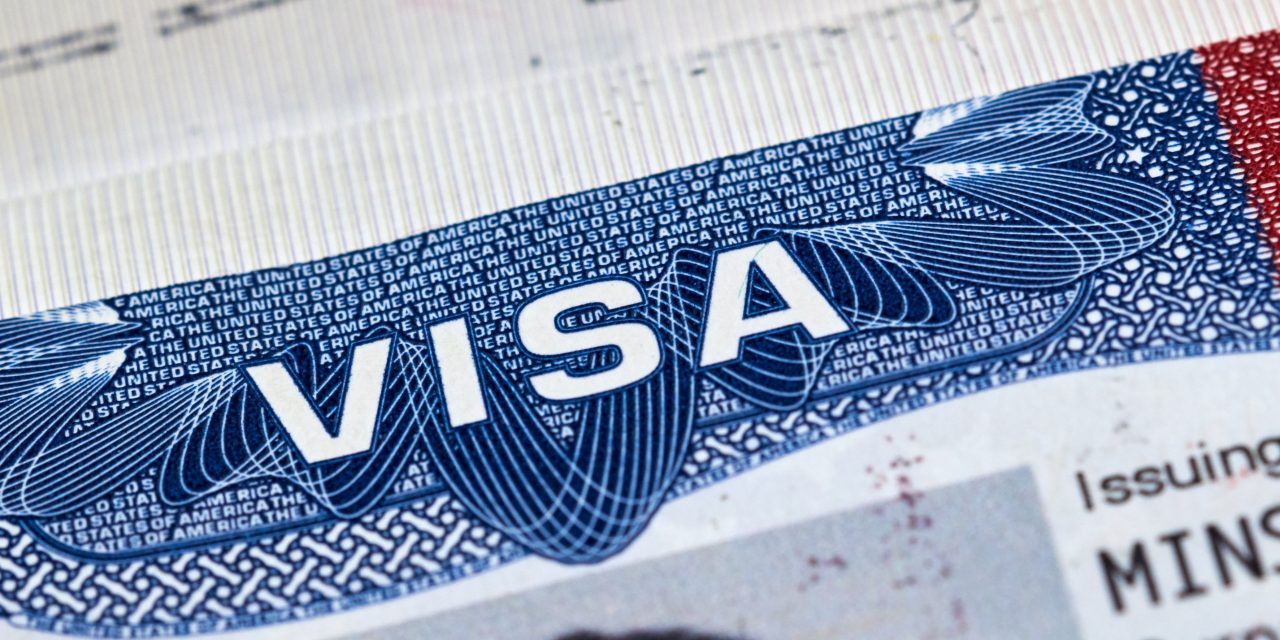The U.S. State Department announced a new rule last week that changes the Diversity Visa Program, a lottery system that grants 50,000 foreign nationals the opportunity to apply for an immigrant visa number. Applicants must come from an underrepresented country that has low rates of immigration to the United States. The lucky ones, after applying for an immigrant visa abroad or to adjust their status in the United States, get the chance to become a lawful permanent resident (“green card” holder).
The new rule adds more hurdles for the millions of people who simply seek to enter the lottery each year. Previously, lottery applicants submitted an online form to the State Department. With limited exceptions, the new rule—effective June 5—requires applicants to have a current, unexpired passport. This places a procedural and financial burden on those wishing to be selected.
The rule also automatically disqualifies entries that do not accurately include all required information or documents, including the digital image or photo requirements. This would effectively invalidate any entry that contains inadvertent errors.
Although the rule is effective immediately, the State Department is accepting comments on it from the public until July 5, 2019.
The State Department says these changes are meant to cut down on fraudulent third-party entries that hold selection information from the applicant in exchange for payment. But the government provides no evidence or statistics to support its claim.
The department asserts that entries submitted by unauthorized third parties will be easily identified and automatically disqualified. Yet they offer no explanation as to how an applicant’s legitimate entry will be distinguished from a duplicate fraudulent one. This could invalidate an applicant’s legitimate entry when a third party entered their information into the program without them knowing.
These changes are not surprising. President Trump has been very outspoken against the program. But the changes go against why this program was developed in the first place.
The Diversity Visa Program was adopted as part of the Immigration Act of 1990 to diversify the immigrant population in the United States. For roughly 20 years, the State Department has made 50,000 immigrant visa numbers available to applicants from countries with low numbers of immigrants in the previous five years. Countries with rates above 50,000 in that same time frame are deemed “ineligible” for the program. The department recalculates this each year. For example, individuals from Bangladesh, Canada, India, and Mexico were ineligible to apply this year, among others.
The requirements for the program already place a high bar on those selected. Anyone from an eligible country can apply. But once selected, in order to qualify for an immigrant visa number, the applicant needs to have a high school education (or equivalent) or at least two years training and two additional years in the workforce. They must also satisfy other general immigration requirements, which include showing a means of support, no criminal background, and good health.
The program has gained popularity over the years. In 2017, approximately 20 million people entered the lottery in hopes of being selected for the chance to receive an immigrant visa number. But even being selected does not guarantee success, since a diversity visa number must be issued by September 30, the end of the fiscal year for the lottery selection. There are several factors that may limit how many visa numbers the government can issue to a particular country. Some applications may still be pending by the September 30 deadline as well.
In the regulation itself, the State Department notes that the Diversity Visa Program is an “important public diplomacy tool… because it offers foreign nationals an opportunity to immigrate to the United States without having to qualify under a more targeted family-based or employment-based classification.”
By adding stricter procedures, the government is limiting that opportunity for those with no other pathway to permanent residency.
FILED UNDER: Diversity Visa, Donald Trump, featured, U.S. State Department


